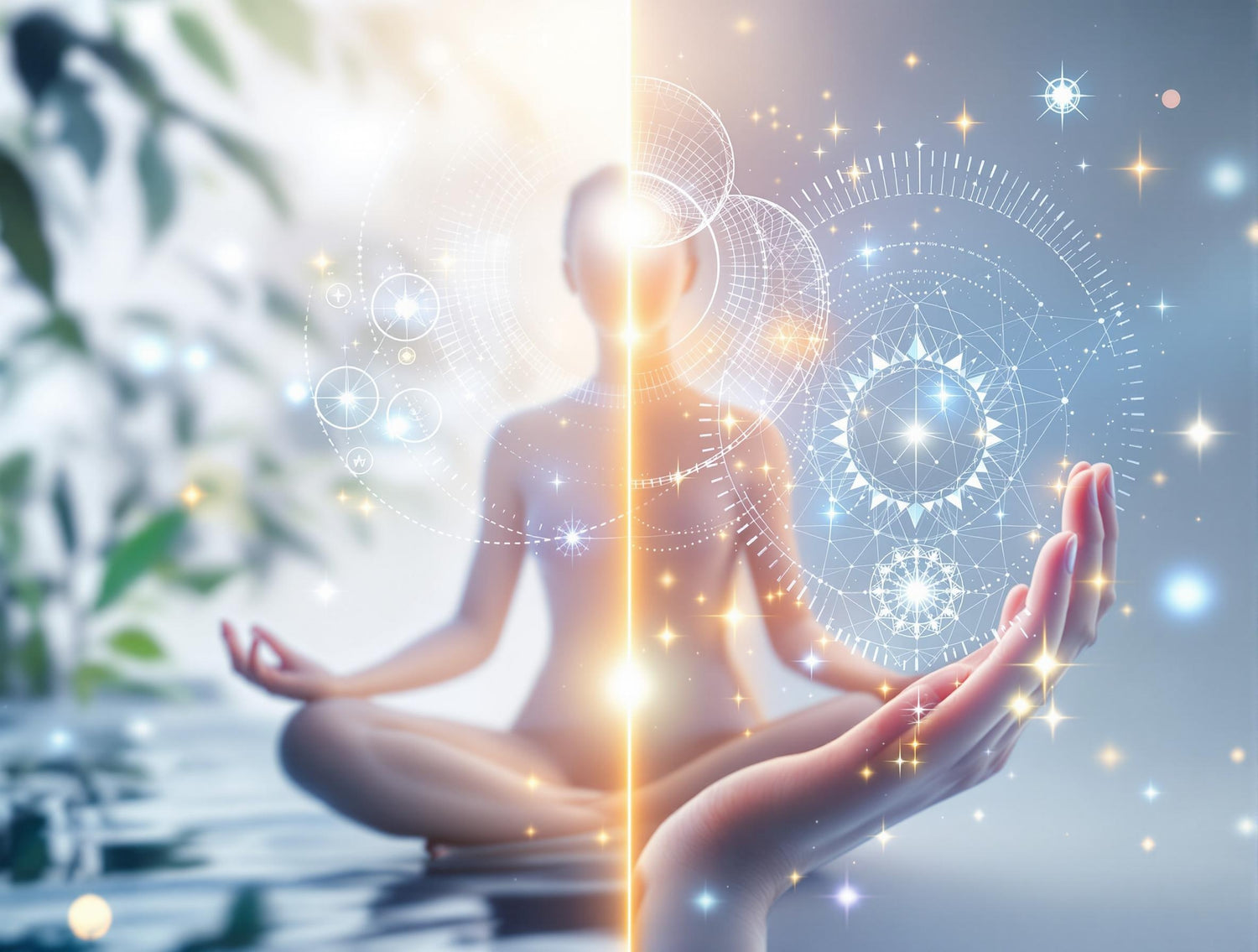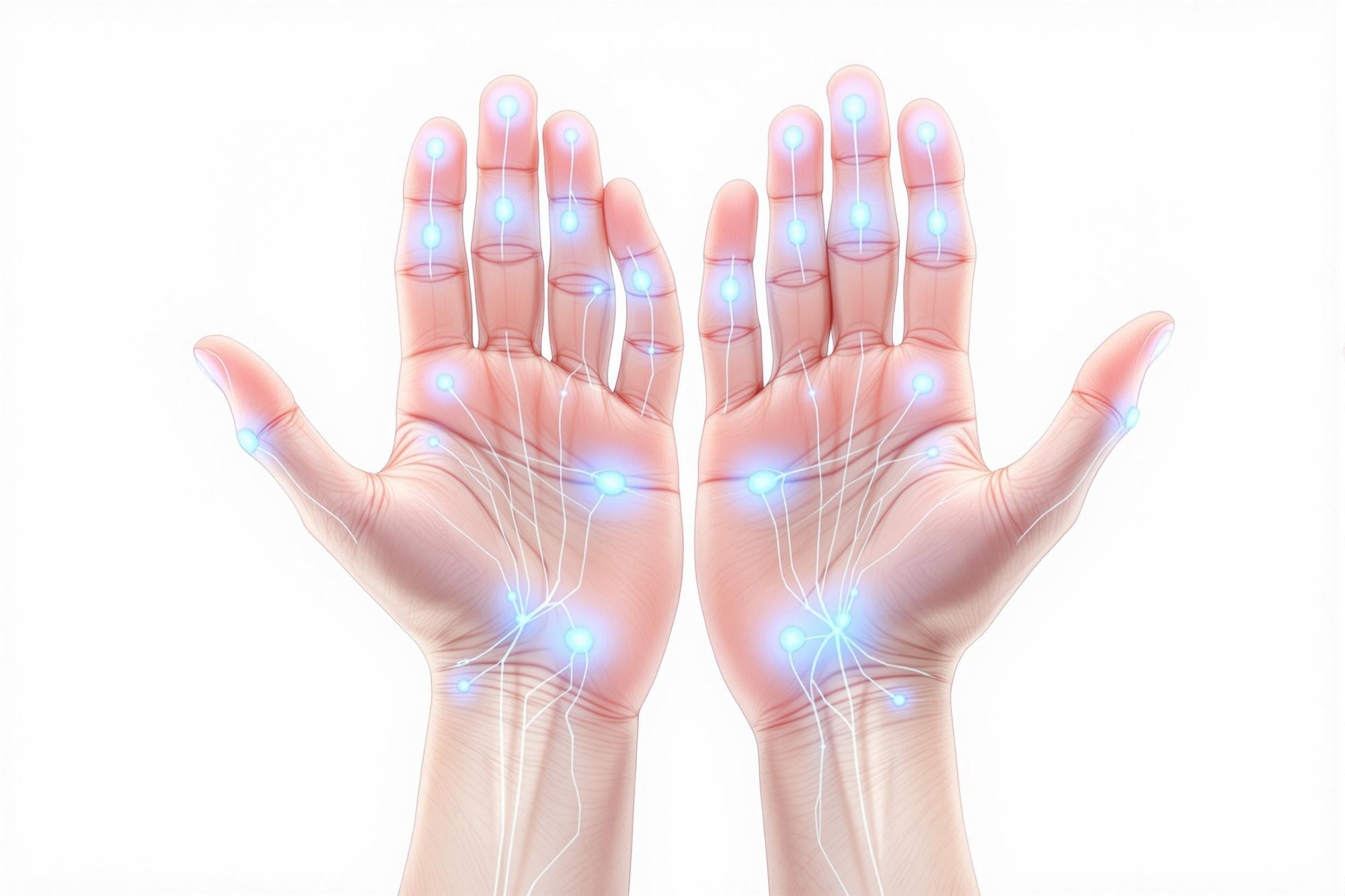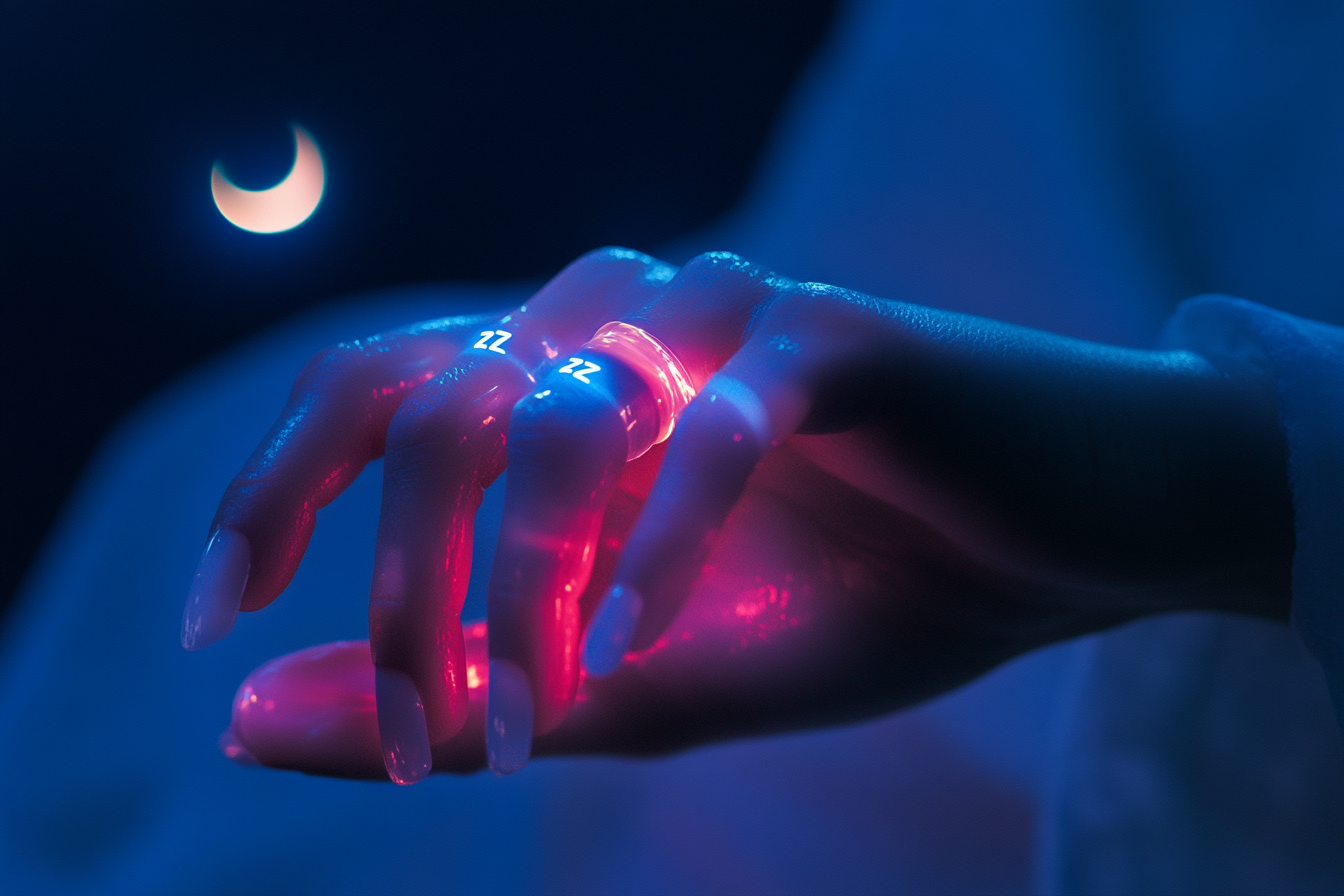Managing Anxiety Naturally: Top 5 Science-Backed Techniques for Instant Calm
According to the National Institute of Mental Health, anxiety affects over 40 million adults in the United States, with women being twice as likely as men to experience anxiety disorders. While medication can be necessary in some cases, many people are turning to natural anxiety management techniques backed by scientific research.
1. Acupressure: The Power of Traditional Wisdom Meets Modern Science
Recent research in the Journal of Clinical Medicine (2023) demonstrates that acupressure can reduce anxiety symptoms by up to 39% within minutes of application. This ancient practice works by stimulating specific points that:
- Lower cortisol levels
- Increase serotonin production
- Activate the parasympathetic nervous system
Key anxiety-relieving pressure points include:
- Inner Gate (P6): Reduces heart palpitations and nausea
- Union Valley (LI4): Relieves tension headaches and stress
- Third Eye Point (GV24.5): Calms racing thoughts

2. Deep Breathing Exercises: The 4-7-8 Method
Dr. Andrew Weil's research shows that controlled breathing can reduce anxiety symptoms in as little as 60 seconds. A 2022 study in the Journal of Clinical Psychology found that regular practice of the 4-7-8 breathing technique resulted in:
- 45% reduction in anxiety symptoms
- 32% decrease in stress hormone levels
- Improved heart rate variability
3. Progressive Muscle Relaxation (PMR)
The American Psychological Association reports that PMR can reduce anxiety levels by up to 50% when practiced regularly. This technique involves:
- Systematically tensing and relaxing muscle groups
- 15-minute daily practice sessions
- Combined physical and mental relaxation
4. Mindfulness Meditation
According to research published in the Journal of Clinical Psychiatry:
- 20 minutes of daily meditation reduces anxiety symptoms by 39%
- Regular practitioners show increased gray matter in anxiety-regulation brain regions
- Effects can be noticed within 8 weeks of consistent practice
5. Grounding Techniques with Touch Therapy
Harvard Medical School research indicates that physical touch and pressure can activate the vagus nerve, leading to:
- 27% reduction in anxiety symptoms
- Improved emotional regulation
- Better stress response
Implementing These Techniques in Daily Life

Morning Routine:
- 5 minutes of deep breathing
- Wear an acupressure device for continuous calm
- Brief meditation session
During the Day:
- Use grounding techniques when feeling overwhelmed
- Practice mindful breathing during stressful moments
- Maintain consistent pressure point stimulation
Evening Wind-Down:
- Progressive muscle relaxation
- Gentle stretching
- Continued acupressure support
Modern Solutions for Ancient Wisdom
While traditional anxiety management techniques are proven effective, modern life demands convenient solutions. This is where innovations like the Calmi Ring come in, offering continuous acupressure benefits in an elegant, wearable form. By combining ancient wisdom with modern technology, these therapeutic accessories provide consistent anxiety support throughout the day.
Take Action Today
Remember, managing anxiety is a journey, not a destination. Start with one technique and gradually incorporate others as you become comfortable. The most effective approach is often a personalized combination of different methods.



